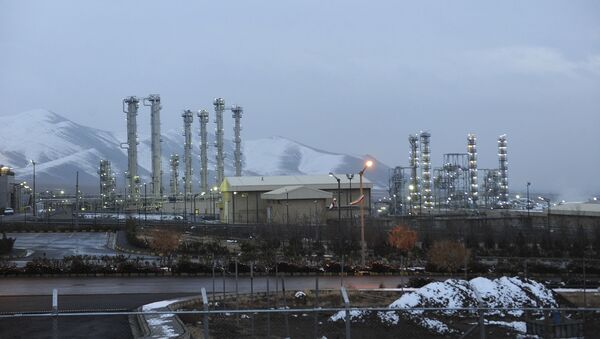Salehi made the announcement in the parliament and noted that Iran was not going to produce nuclear weapons although it had scientific and technological resources for that, the ISNA news agency reported citing Iranian lawmaker Mehrdad Lahouti.
The vice president added that the reactor would operate with changes in the technology.
The remarks came in the light of the extraordinary meeting of the Joint Commission of the Joint Comprehensive Plan of Action (JCPOA) in the Austrian capital of Vienna expected later on Sunday, where the representatives of the United Kingdom, France, Germany, Russia, China and Iran will discuss ways to save the deal.
One year after the US abrupt withdrawal from the JCPOA, Tehran announced in May its decision to suspend some of the obligations under the agreement, including the reconstruction of the modernized Arak nuclear reactor for civil purposes. Iranian President Hassan Rouhani gave the European countries 60 days to hold negotiations with Iran.
According to Tehran, these measures were taken in response to Washington violating the JCPOA, reintroducing sanctions and depriving the remaining signatories — Germany, France, the United Kingdom, China and Russia — of the possibility to adequately resolve the situation.
On July 3, Rouhani said Tehran would increase uranium enrichment levels and start to revive the Arak nuclear reactor if the nations, which signed the deal, would fail to protect the accord.
On Saturday, Russian Deputy Foreign Minister Sergei Ryabkov said that Moscow continued to urge Iran to act responsibly and refrain from steps that could trigger escalation, including heavy water output increases. The diplomat noted though that the pace of increasing production of heavy water by Iran was not so fast to be recognized as an urgent problem. According to Ryabkov, the situation around Arak heavy water reactor will be discussed during the Joint Commission's meeting.




